
U.S. Ambassador Accuses China of Persistent Coercion, Ahead of Biden-Kishida Summit
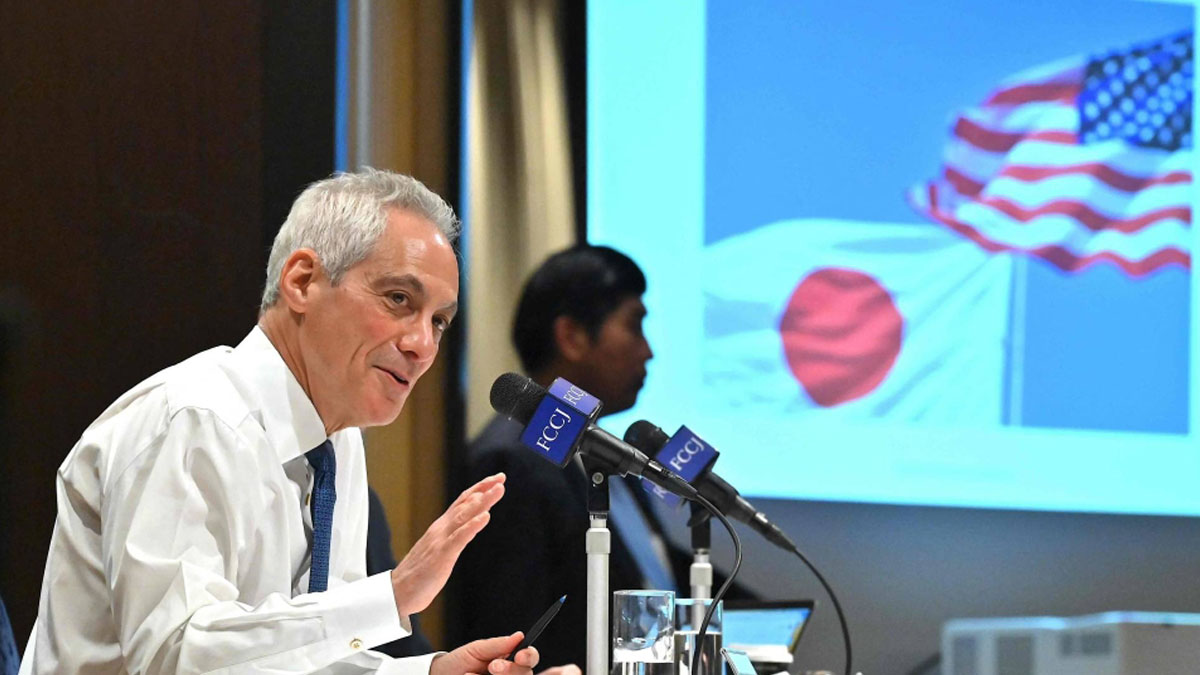
In a pointed accusation, U.S. Ambassador to Japan Rahm Emanuel has lambasted China for its persistent coercion tactics, casting a shadow over diplomatic engagements in the Asia-Pacific region. Emanuel’s remarks, delivered at a Center for Strategic and International Studies event in Washington, underscore the escalating tensions between the United States and China, as well as concerns shared by regional allies such as Japan and the Philippines.
Emanuel’s assertion comes just days before a crucial summit where U.S. President Joe Biden is set to host Japanese Prime Minister Fumio Kishida and Philippines President Ferdinand Marcos Jr. The timing of Emanuel’s comments amplifies the urgency of addressing China’s alleged aggressive behavior, particularly in light of the strategic partnerships that the U.S. seeks to foster in the region.
Adding to the diplomatic discourse, Japan’s ambassador to the U.S., Yamada Shigeo, outlined the agenda for the upcoming summit, emphasizing discussions on vital areas of cooperation such as space exploration, energy policies, and cutting-edge technologies like artificial intelligence and quantum computing. The convergence of these topics further underscores the significance of countering China’s influence and safeguarding the interests of the United States and its allies.
As tensions continue to simmer, the Biden administration’s proactive engagement with regional partners signals a united front against China’s perceived hegemonic ambitions. With the specter of coercion looming large, the summit presents a critical opportunity for concerted action and reaffirmation of commitment to shared values of sovereignty, security, and international cooperation.
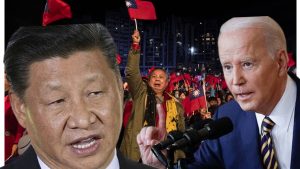
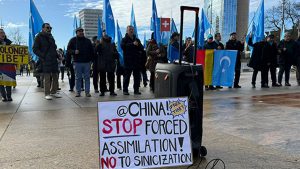
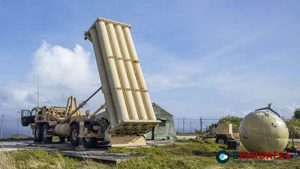

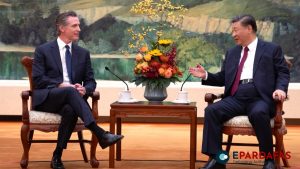
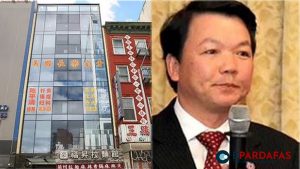





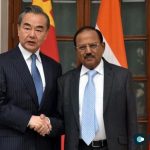
Comments